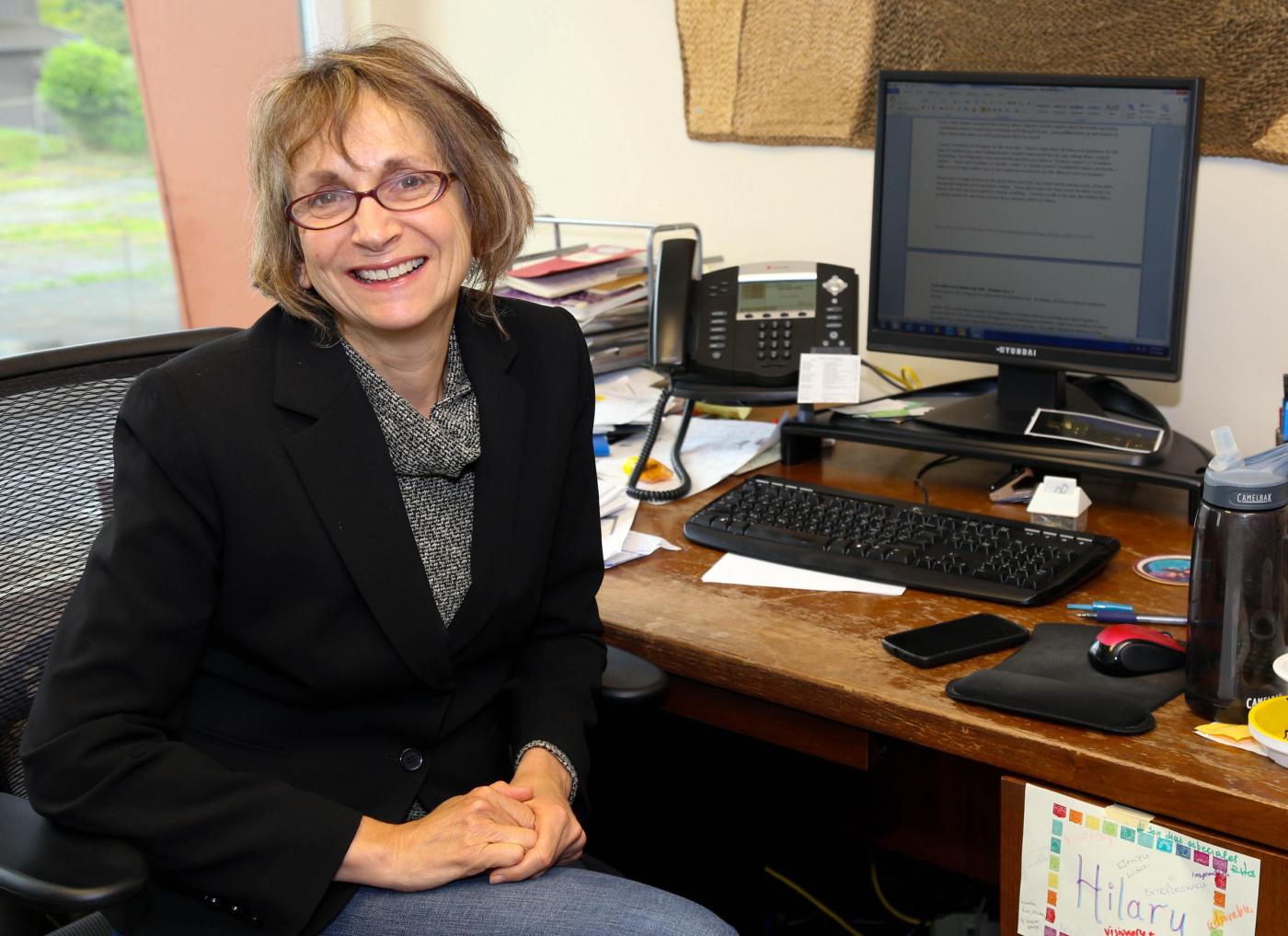Um, well, I think that what I'm most proud of is really lifting up, um, the voices of a group of people that was that really had no voice in Seattle before, um, and that they were only seen, um, from the outside as kind of objects that they were, you know, um, that they were, um, um, a new, you know, public nuisance. And, um, people who, you know, wanted to help them had their ideas of how they wanted to help them, you know, what was best for them. And, um, and they also felt, um, kind of, uh, you know, they also felt that they were in the margins and had no, um, you know, had to just figure out how they could survive within the confines of what existed here. Um, and, um, and then really being able to create an organization where, um, um, they were able to, um, gain a voice and, um, and um, um, be able to know, you know, figure out how the system works, um, know how they can advocate, you know, before we started, before we started, I mean, it was, um, you know, you didn't see, The other. Latinos. Spanish speaking immigrants. Lobbying in city Council or in um. In the state. You know, state legislature and, um, in Olympia. Um, now it's like the most normal thing because, um, there are so, you know, we know a lot of people who have been who have done that, you know, and also, I remember so many times when we were down there, like down there in Olympia, particularly all the, the, you know, the, the legislative aides would say, can I take a picture of you with, you know, can I take a picture with you? Can we you know, and they were like, we were such a novelty in the beginning. Now we're not you know, the good thing is we're not a novelty anymore. Um, and that that's not unusual to have poor people going to the state Capitol and lobbying even poor people that don't speak the language. Um, and, um, and I think that that, um, you know, we were I think that a lot of, um, city policies that have been instituted, that have made Seattle much more of a welcoming community is because of the participation, excuse me, of the of the immigrants that I work with and being able to participate in, in, um, in pushing for things like, um, a higher minimum wage on the, you know, city level. Um, we've also been. Excuse me, leaders in issues around wage theft. Um, because because, um. Um, unfortunately, there are many unscrupulous, not many, but there are some unscrupulous employers who will take advantage of people who they think can won't complain and are too afraid to complain or they don't know how to complain. And, um, and just don't pay them, you know, um, and, um, they or they underpay them and so, um, what they're legally owed. And so, um, so we have, um, had that experience over the years of creating a program where, um, uh, first it was sort of like a legal sort of just like, you know, like you're like an American helping somebody to, you know, to advocate because we were, um, knew more about the system and then moving into, uh, moving into like a legal aid type model. And then we moved into organizing model where people are. Excuse me. Um, are working in a group to figure out strategies that include legal strategies, but usually usually, um, I mean, the legal process takes a really long time. So usually they would use other strategies that would be more effective, like, um, going to talk to the employer with a big group of people, you know, or or or picketing outside of the employer's place of business. Um, basically doing a lot of, um, uh, social pressure to get people to pay, um, what they were, what they were legally. What, you know, what they legally owed the employee. And so, um, so that, um, anyway, that, um, that type of work gave us an expertise that helped in, um, in, um, being able to, um, improve the enforcement of wage and hour laws here in Seattle. Um, and, um, and because of that, also, you know, we were instrumental in, in, um, getting Seattle to invest a lot of money in, in that, including a way including, um, uh, the Office of Labor Standards. That's a new, relatively new department in the city. Um, and so, you know, I think that I think the biggest thing is really having, um, you know, having that voice and that perspective, but not just perspective of somebody like me representing it, but the same people that.
